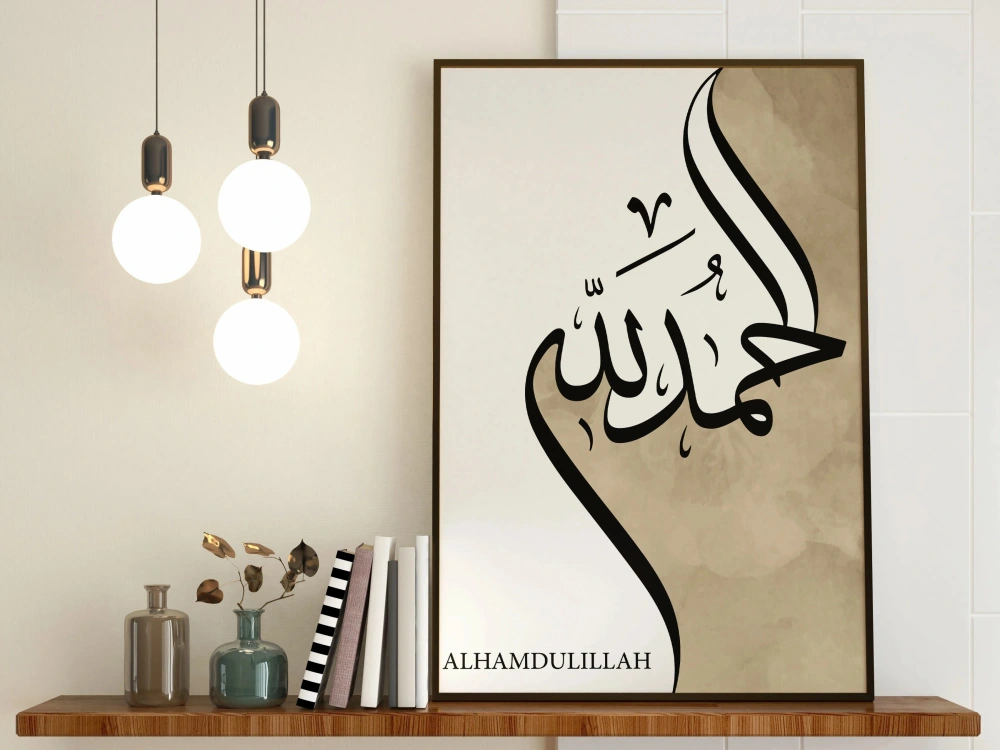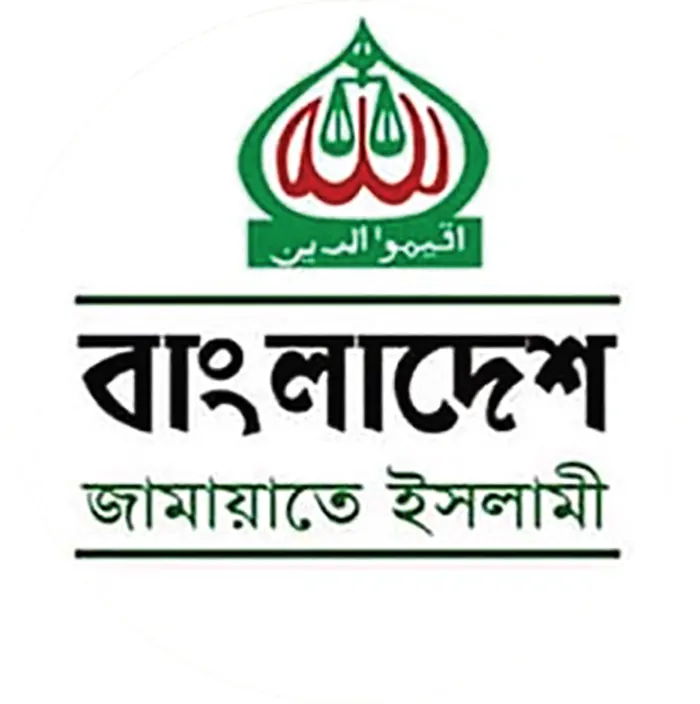By Abdul Hye Shikder
One.
The events of the past few days have left me in pain and anguish. It feels as though this is not our familiar Bangladesh. It no longer seems like the serene, humane land illuminated by the spirit of the Liberation War. This land of a thousand rivers has become a chilling land of horrific death.
All around, there is blood, death, and the grim specter of destruction. The cries of the wounded, the injured groaning in pain; hospitals are overwhelmed by the severity of the situation. It seems as though vampires have descended upon this land of Lalon, Hasan, and Abbasuddin, thirsty for the lives and blood of its own people. It feels like living in Gaza under Israeli attack.
Helicopters are frequently hovering overhead. Tear gas shells, sound grenades, and bullets are being fired at crowds of people. Wherever there are protesters, the police are indiscriminately shooting. Snipers are targeting and killing people. The country is awash in blood. Bodies are lying everywhere, from the capital Dhaka to all corners of the nation. Curfews are imposed everywhere. Internet connections are severed. There is no way to hear or know anything except the official government statements.
Our beloved homeland is today shocked, stunned, and speechless.
The future of the country is being pushed towards death. Bullets are tearing apart the chests of our children. A certain section of the media is branding protesting students and citizens as criminals, thugs, and agents of BNP-Jamaat, as if this tag legitimizes their killing. They want to draw everyone’s attention to the reactions and divert it from the original causes. As a result, the screens are filled with stories of arson and vandalism, but there is no mention of the killings, as if taking human lives is a trivial matter.
National assets have been destroyed on an unprecedented scale. Who knows how long it will take to recover from this damage. Just as it is a grave sin to kill any citizen extrajudicially, it is unacceptable to destroy national assets.
But the question is, why did this happen? Where did it all start? In 2018, the executive branch ‘frustratedly’ abolished the quota system. Suddenly, this quota system issue went to the High Court. The High Court canceled the government’s notification and reinstated the quota system, where only 44 percent of the seats are based on merit. Understandably, students took to the streets.
It is important to remember that students did not want the quota to be abolished. They wanted reasonable reforms. Their movement was completely peaceful. Instead of talking to them, various levels of the government showed disdain towards these young men and women. They were branded as ‘traitors,’ which hurt the students deeply. The behavior and statements of some ministers were also irresponsible. Bridge Minister Obaidul Quader announced that Chhatra League alone was enough to suppress the movement. Shortly after his announcement, Chhatra League, Jubo League, and hired thugs attacked educational institutions, trying to crush the anti-discrimination movement with brute force. The government’s various forces, especially the police, took a combative stance.
This was like pouring fuel on the fire. The movement was no longer peaceful and non-violent. On one side were the attackers, and on the other, the defenders. Naturally, BNP-Jamaat and other political parties stood in solidarity with the attacked students. The protesting students also appealed to the people of the country to stand by them. Thus, with everyone’s participation, the movement turned into a mass uprising.
The government failed to understand the gravity of the situation from the very beginning. A problem that could have been easily resolved was tried to be suppressed by force. The government’s loyal forces also chose a reckless path instead of being compassionate and responsible. Now the situation stands where, on one side, the government’s armed loyal forces, and on the other, the unarmed agitated students and people. In the middle, hundreds of young lives were lost, and much national property was destroyed. … Ultimately, the government got its way through the court, but by then, it was too late.
Two.
The Pakistani government made the same mistake. They failed to understand that the language movement was the soul’s demand of the people of this land. They tried to crush everything with arrogance, pride, and contempt. On February 21, 1952, many innocent lives were lost to police bullets in the struggle to establish the right to their mother tongue. As a result, Nurul Amin’s political life was destroyed. The Muslim League, claiming credit for establishing Pakistan, was buried forever. The cherished Pakistan of Jinnah was broken from within.
The Pakistani rulers made the same mistake in facing the 1962 education movement.
The main reasons behind the 1969 mass uprising were the lack of democracy, discrimination, repression, and Ayub Khan’s arrogant pride. Ayub Khan’s throne was washed away by the blood of student leader Asad. He was thrown into the dustbin of history.
Dictatorial ruler Ershad tried to stay in power through deceit, cunning, and buying and selling loyal forces and politicians. But eventually, the people rose in fury. The mass uprising of 1990 ousted him from power, and Noor Hossain became the human poster of the uprising.
Had the Awami League government remembered the continuity of these mass movements, they would not have taken the same path. Nothing can be solved by force. Even if it is solved, it is very temporary. After the 1969 mass uprising, Yahya Khan managed to quell the movement by imposing martial law, but he could sustain Pakistan for only about a year. Finally, in 1971, our glorious Liberation War occurred, and an independent sovereign Bangladesh stood tall in the world.
Three.
Following the famous adage ‘Give the dog a bad name and hang him,’ the government, after all this, is grandly trying to blame the opposition political parties, labeling them as terrorists, thugs, and criminals, in a dangerous and laughable attempt to cover up their own wrongdoings. The controlled and loyal media are playing an unfortunate role in this, which will only increase hatred, division, and violence, and fuel conflict.
At this crucial turning point in history, the nation expects responsible, visionary, and wise behavior from everyone, including the government. The nation hopes for a stance of pure patriotism. Set aside all pride, anger, and hatred. Open your eyes to reality and see what a terrible disaster has occurred. Our children’s bodies lie in graves. Parents, siblings in every home are crying out in grief. The air is heavy with the groans of thousands of injured people.
Even in this horrific situation, will the sense of duty, humanity, patriotism, and prudence not awaken in the government and all concerned? Or will they, by the well-worn, familiar tactic of blaming others, pose as saints and declare their opponents as the only culprits? Will they continue to file case after case against opposition leaders and activists and start a campaign of arrests? This might ease the government’s frustration a bit, but ultimately it will yield nothing but disgrace and the sin of self-deception.
What about the duty of governance? The Rajdharma that Atal Bihari Vajpayee reminded Narendra Modi, the butcher of Gujarat, to uphold. Modi did not adhere to Rajdharma, and that is why the blood of Gujarat still haunts him like a ghost. Will our rulers adhere to that Rajdharma? This is, after all, the soil of Bengal.
Even as a high school student, I was part of the 1969 mass uprising. I was fortunate to do a little work for the country during the Liberation War. The events of the 90s seem like just yesterday. From experience, I can say (except for the Liberation War) I have never seen such a terrible situation.
It seems to me that this river of blood, these tears cannot go in vain. They have never gone in vain anywhere. Through this may be laid the foundation for a new Bangladesh, free of hatred, division, animosity, lawlessness, and injustice, bound by love and harmony.
For those who stand for justice, for those who stand for welfare, for those who stand firm for the establishment of truth, our national poet Kazi Nazrul Islam’s immortal words are for them:
“Those who walk on the path of truth, fear not, no fear,
Those whose goal is peace, they have no defeat.
The seekers of unrest may triumph for a while,
In the end, they are forever disgraced in shame and humiliation.”
The blood of the 21st of February lives forever in the Martyrs’ Monument. Asad immortalized 1969. Noor Hossain symbolizes 1990. Abu Sayeed of 2024 has already become the flag of humiliated humanity. In the thousand-year history, no one has stood with their chest bared to bullets like the brave Abu Sayeed.
As a humble poet of Bangladesh in this very sensitive and fiery time, I urge everyone – no more killing, no more mass killing, no more bloodshed. In this country soaked with the blood of millions of martyrs, let no more blood be shed.
Everyone, be calm. Abandon vengeance and revenge. The country does not just mean soil, rivers, trees, and canals; the country means its people. Those people are in peril today. Let us sit down, talk, and save the country.
- The writer is a renowned poet from Bangladesh










